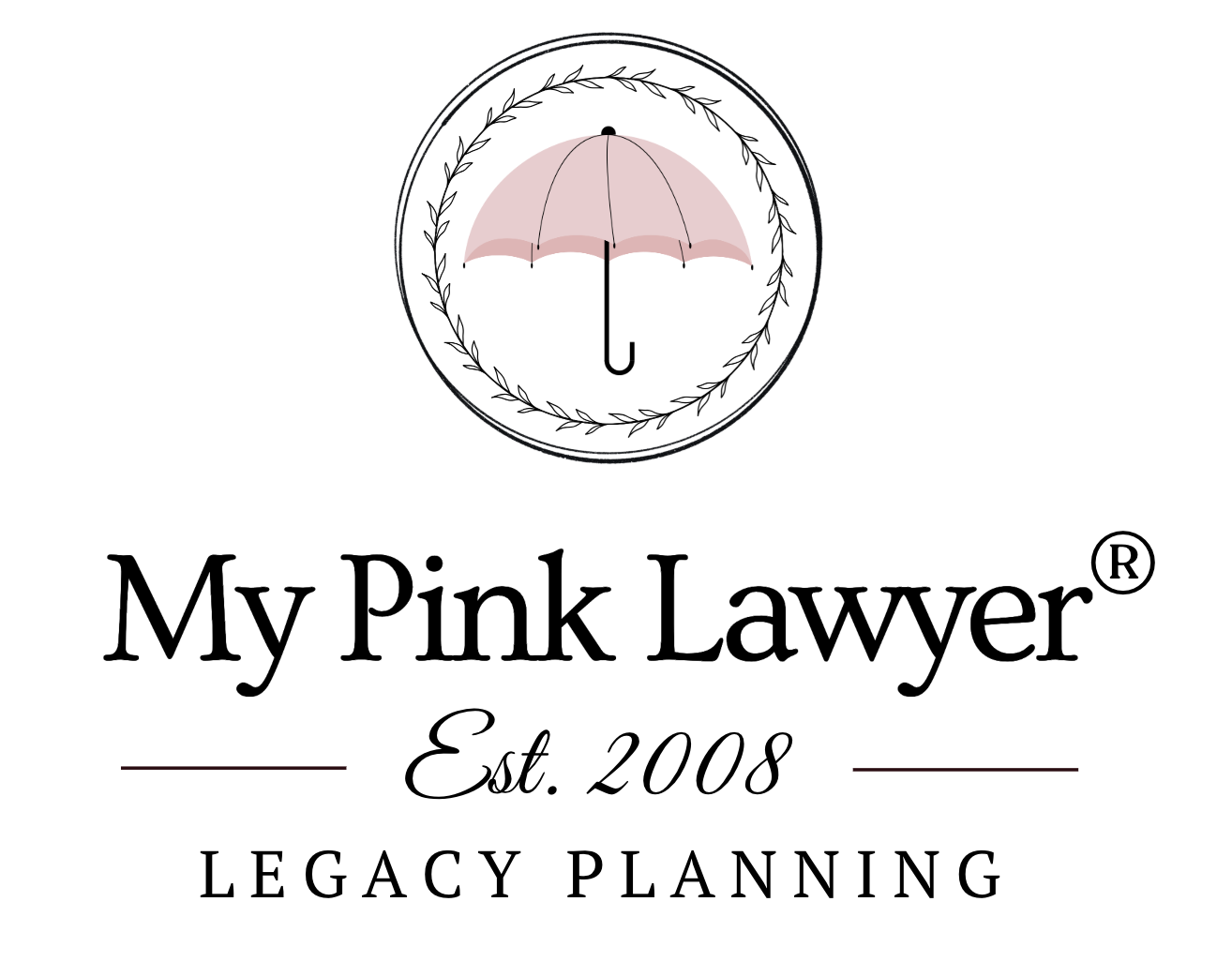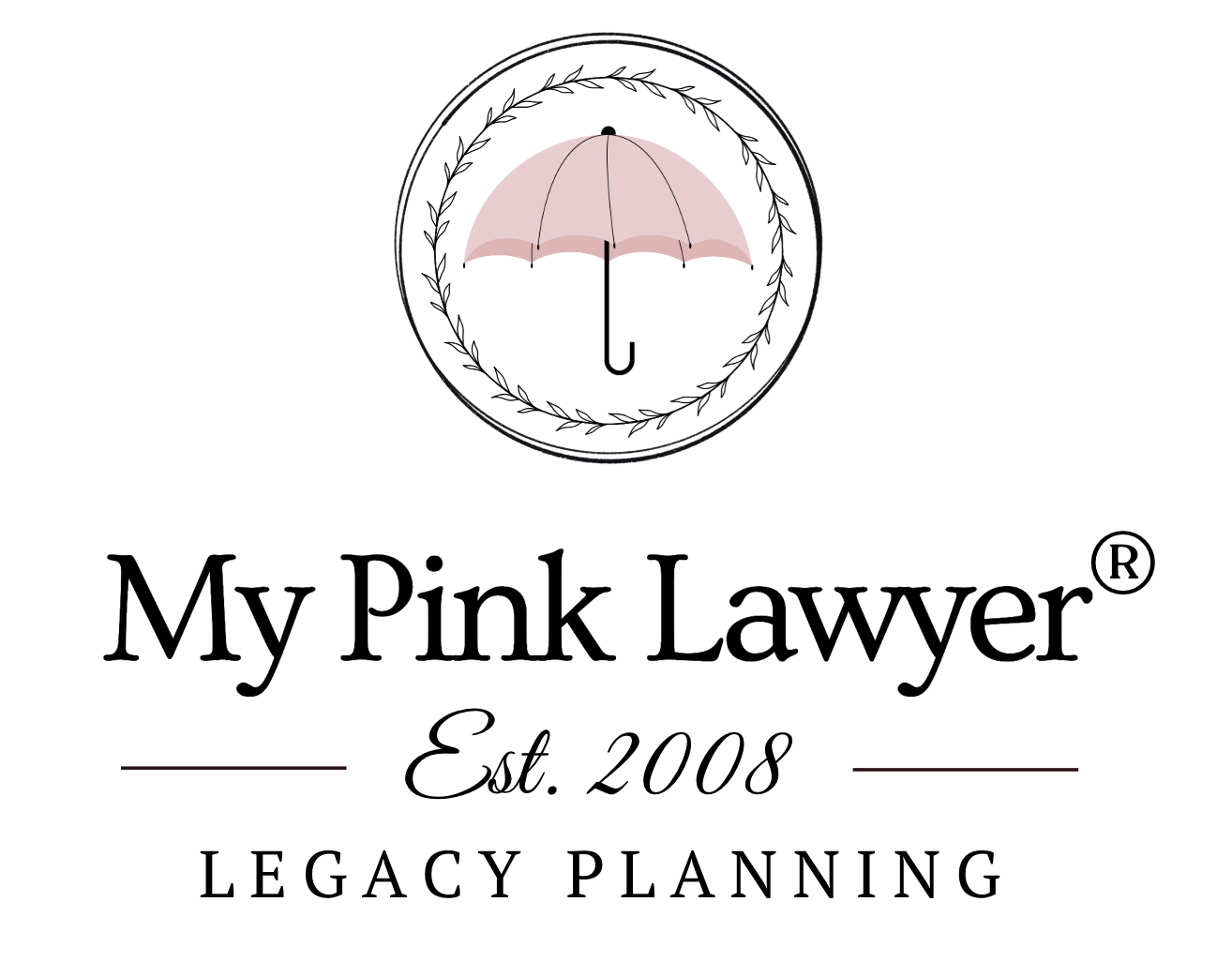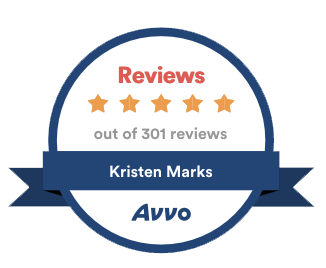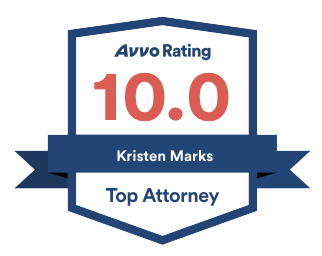I know, I know – you’re probably thinking, “Hasn’t she had that baby yet?!”
 I promise you, I share your sentiments.
I promise you, I share your sentiments.
With the birth of our daughter rapidly approaching, my husband and I recently took some time to re-evaluate our financial and estate planning strategies.
While it may seem morbid to plan for an untimely demise while expecting a baby, the reality is that many folks don’t prepare for the future until it involves the well-being of their child or someone other than themselves.
I’ve put together a list of considerations for you if you are thinking of (or are well on your way to) starting a family. I hope you find this information helpful and please reach out to us with your more detailed questions/comments.
1. Start tracking your expenses.
If you or your partner will stay home for an extended period, consider what a one-income budget looks like and plan accordingly. Verify your out-of-pocket costs for childbirth, research childcare options and costs in your area, and review your time off policies at work – both paid and unpaid.
According to the U.S. Department of Agriculture, raising a kid to age 17 costs middle-income parents a whopping $233,610, with an average annual increase of 4.3%.
Save where you can – under the Affordable Care Act, insurance providers cover all sorts of supplies that were not covered previously – from breast pumps to postpartum recovery gear. It doesn’t hurt to ask!
2. Consider disability insurance (if you are eligible) in place of paid leave.
Pregnancy/birth is typically covered by most short-term disability insurance policies. The trick here is, you must sign up before you are pregnant to be eligible. It’s worthy of a quick chat with your insurance provider to see what benefits may be available to you. In most cases, policies will cover anywhere from 60-80% of your income for roughly 6-8 weeks after birth. The premiums I’ve seen are really reasonable.
The Family and Medical Leave Act (“FMLA”) requires companies with 50+ employees to provide up to 12 weeks of unpaid leave for qualified medical and family reasons (including pregnancy and adoption) with job and group health benefits protected. FMLA applies to you after 12 months at your job, or after working at least 1,250 hours.
3. Increase your life insurance policies.
It’s ironic that bringing a life into the world will make you realize the need to insure your own. My husband and I both had small life insurance policies and were able to substantially increase the amounts of the policies for a minimal increase in the premiums.
Although some debts (like federally subsidized student loans) are forgiven upon death, you will rest a little easier knowing that your partner/child will be provided for in the event of your death. You can factor in costs like college tuition and a mortgage when calculating the amount of coverage you will need.
4. Start a 529 savings plan.
In a nutshell, 529 savings plans are designed to save for future college costs while taking advantage of tax benefits. Florida offers both prepaid and investment accounts, with interest rates more likely to keep up with the rising costs of college education than a standard savings account. 529 savings plans may allow you to lock in current tuition rates, and there is no limit on how much you can contribute; however, there are tax implications if you exceed a certain limit.
5. Update your estate planning documents.
You knew I was going to throw this one in here.
Don’t forget to update your estate planning documents once your baby has arrived. Appointing guardians (both temporary and permanent) for your child will ensure that the person whom you would want to care for your child does in fact do so and will alleviate SO MUCH potential family drama. Appointing an emergency temporary guardian will allow for that person to immediately seek medical treatment for your child in the event of your death/incapacity and until the permanent guardian has arrived. These are just two examples of the many helpful documents we can prepare to effectively carry out your wishes in the event that something should happen to you.
Amanda “About to Pop” Lynch Elliott






